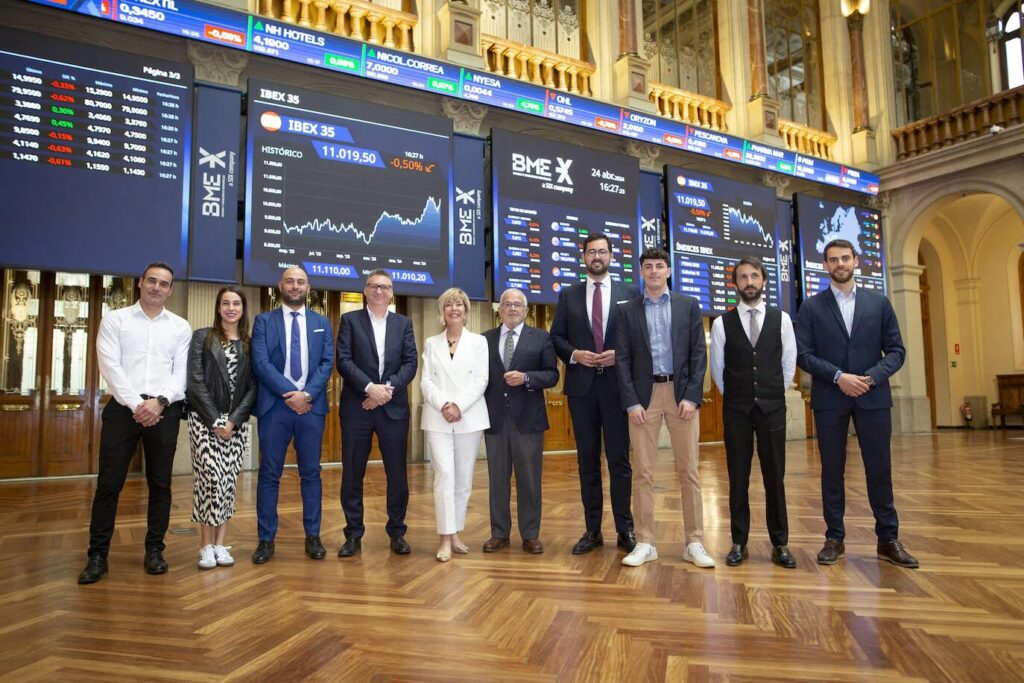The UGR spin-off seeks six million euros to launch a novel drug that treats sepsis, the leading cause of hospital death.
The biotechnology company has begun the process to go public on the BME Scaleup, a stock market primarily aimed at early-stage companies and authorized by the National Securities Market Commission. Their roadmap involves completing a pre-financing round in June and going public in November of this year.
“Our intravenous melatonin drug has the potential to treat sepsis, and we are excited to bring it to the market because there is currently no drug against this serious condition, only protocols,” explains the CEO of Pharmamel, Ramón García Vizcaíno. “To finance this important clinical trial, we are opening a new Pre-IPO capital increase round on Capital Cell, a platform regulated by the CNMV, before going public on the BME Scaleup, with an expected and estimated initial offering price of 45,000,000 euros,” explains the CEO of Pharmamel, Ramón García Vizcaíno.
The aim is to raise six million euros, of which three are already secured, according to the CEO. “We already have various negotiations with professional investment funds that will participate in the capital increase, but we are also giving anyone the opportunity to invest in Pharmamel from as little as one thousand euros, democratizing investment,” he argues. Pharmamel was founded in 2004 as a spin-off from the UGR, but behind it are thirty years of research and work led by professors Germaine Escames and Dario Acuña from the Department of Physiology at the University of Granada.
Since the early 1990s, the two scientists have been conducting crucial research in the field of melatonin, cellular aging, and its application to the skin, and are considered world authorities in the subject. After demonstrating the effectiveness, efficacy, and safety of the new drug in two Phase II clinical trials, which have successfully reduced patient mortality and hospital stays, the company faces the challenge of completing a Phase III clinical trial, the last one necessary for the definitive authorization of the drug. “We have a very valuable technology, and it is proven. In thirty months, the drug could be on the market,” says the CEO of the company, which has achieved a valuation of 130 million euros.
The drug technology is licensed to Pharmamel, but it is the University of Granada and the Andalusian Health Service, where the research and clinical studies have been conducted, that hold the patent. Therefore, the investment, when the drug comes to light – and the researchers have no doubt that it will – will benefit the public system in the form of royalties.
